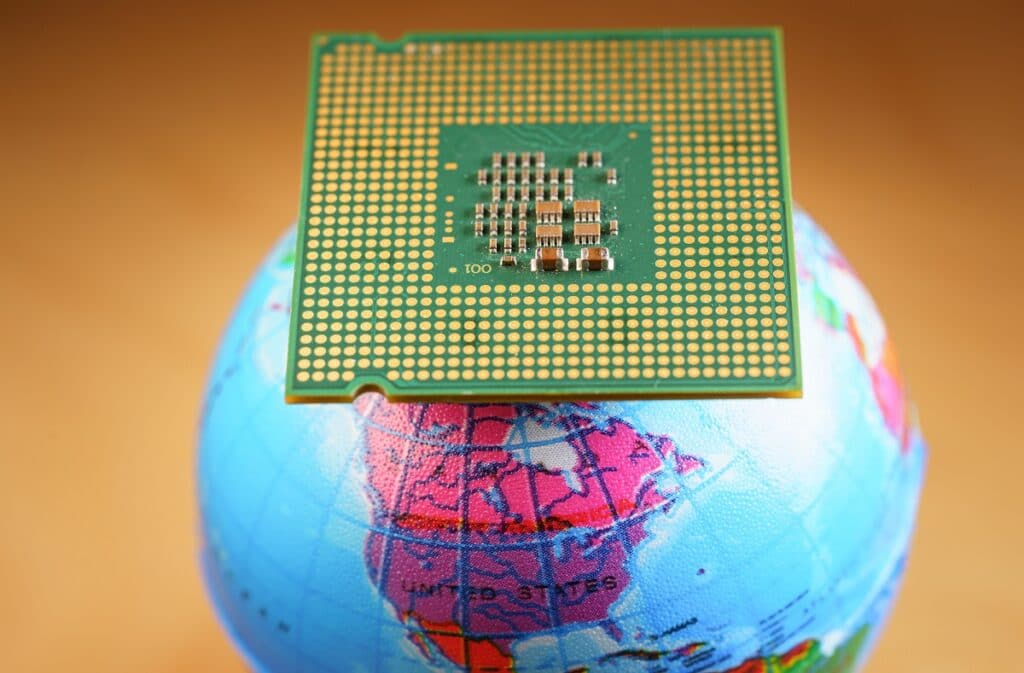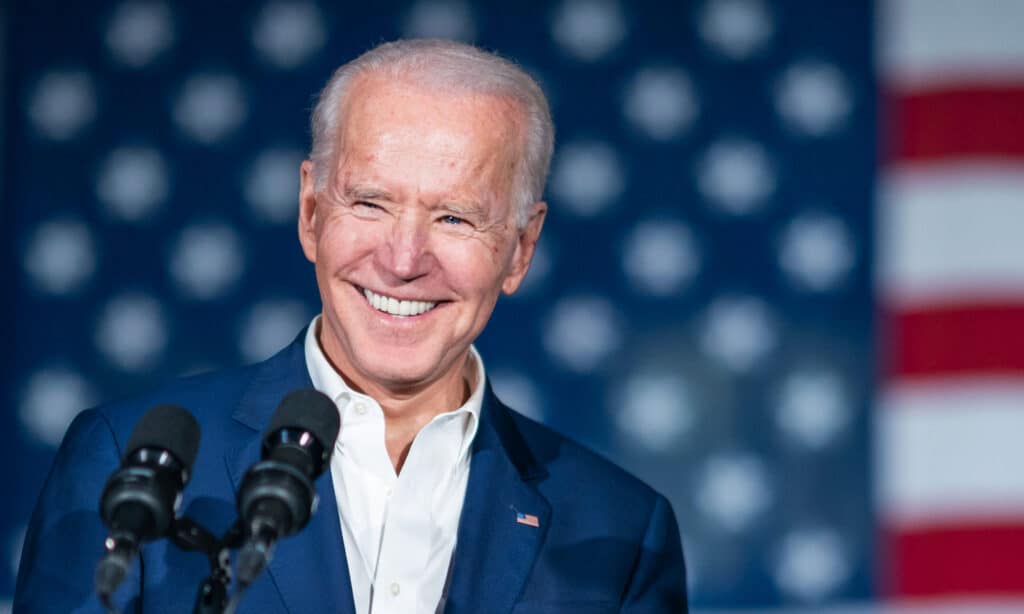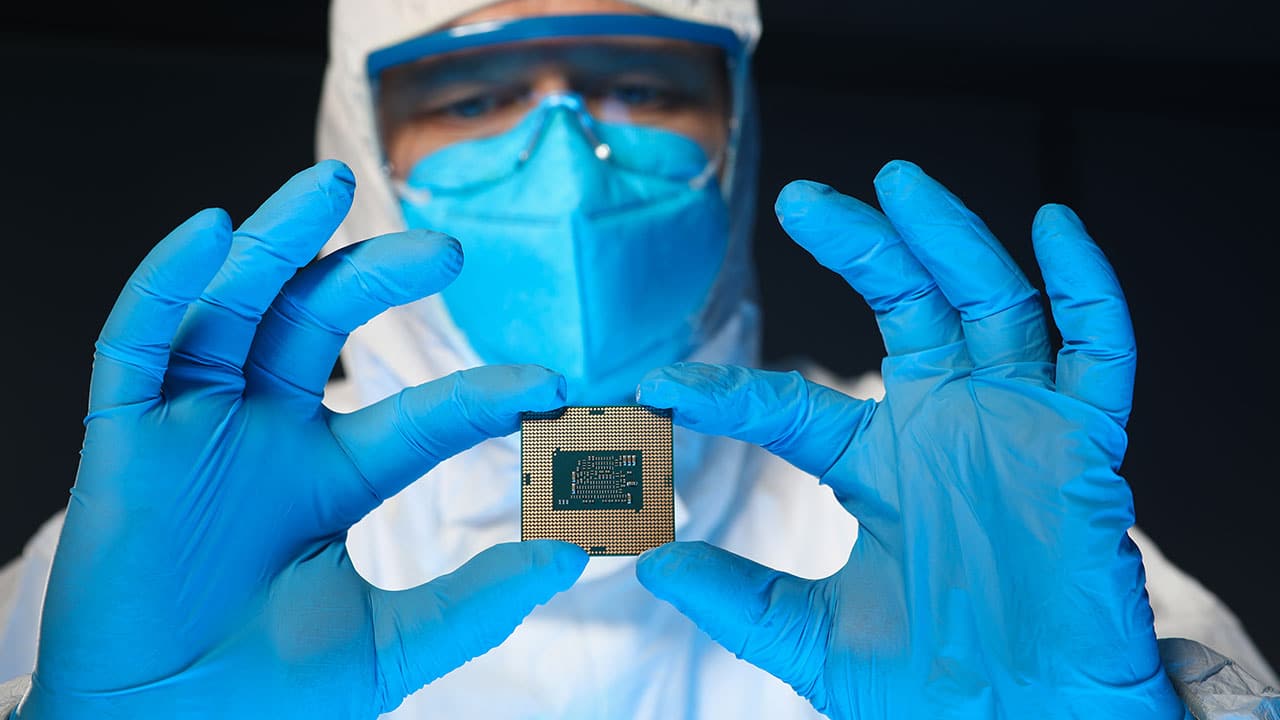In the last week the United States they inflicted yet another blow to China’s microprocessor industry, announcing a new ban that will have very important effects on the nation’s economy. The relationship, already tense, between the US and China is therefore destined to become increasingly delicate and China, with this ban, seems to have the worst of the chip crisis.
US vs China: the chip crisis continues with further bans
L’Biden administration announced new restrictions on the sale of semiconductors and manufacturing equipment to China in a major effort to undermine Beijing’s military and technological capabilities, according to the Wall Street Journal.

The new strict rules require manufacturers like Intel e Micronto receive a licensed by the Department of Commerce to export semiconductors and equipment to Chinese companies. In addition, the administration has issued other bans, preventing for example international companies to export chips built with US technology.
The decision certainly did not come as a bolt from the blue. In fact, in recent months the United States has made large investments in domestic semiconductor production. In August, President Joe Biden signed the CHIPS and Science Act from 280 billion dollars, providing $ 52 billion in subsidies to encourage companies that choose to build chip manufacturing facilities in the United States. The measure is part of the various moves devised in the attempt to increase the competitiveness of the United States against China in the technology sector.
In fact, semiconductors are used in many sectors, from the production of graphics cards to artificial intelligence projects and military systems. The goal is to prevent China from exploiting American technology to grow even more tech and military.
China reacts, but US sanctions undermine its programs

Obviously at dinner she did not stand by and watch. In recent days she has stated that she will accelerate her efforts to build a legion of talent and win the battle for the development of homegrown technologies. The problem is that the Biden administration’s new bans are already undermining these plans.
Among the sanctions there are in fact restrictions on so-called US persons who support the development, production or use of integrated circuits in certain chip plants located in China. From 12 Octoberthe sanctions include US green card holders as well as US residents and US citizens, capturing a broad swath of senior executives from Chinese semiconductor companies.
Chip Crisis in China: Most executives are American
Foreign-born designers and engineers, along with Chinese with foreign passports or residency, have long played an instrumental role in the nation’s technological development. In the consumer electronics sector, Huawei Technologies Co. accelerated its efforts to catch up with Apple by hiring a former creative director of the Cupertino company, Abigail Brody, as chief designer in 2015.
Six of the seven executives research and development key of China’s leading semiconductor equipment manufacturer, Piotech Inc., they are American citizens. Many of Piotech’s top management, including the president and general manager, are also American. Precisely for this reason, China will have big problems in winning the tech battle that has been taking place in recent months.
Companies such as the Dutch chip equipment manufacturer ASML Holding NV they have now banned American staff from supporting Chinese customers.
The US bans are a further obstacle to China’s attempt to achieve technological self-sufficiency. Not only the measures they reduce the country’s access to advanced chips used in supercomputers and artificial intelligence research, but they also prevent the arrival of researchers and engineers capable of designing such systems within its borders.
Source
BloombergThe Verge















Leave a Reply
View Comments